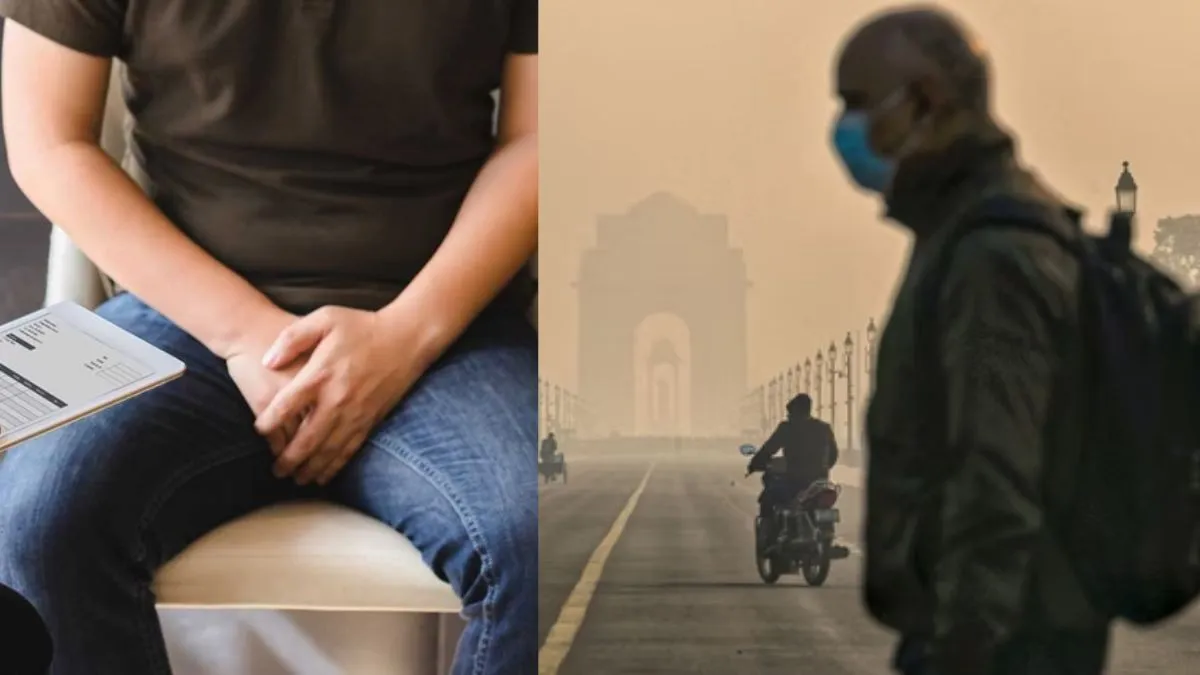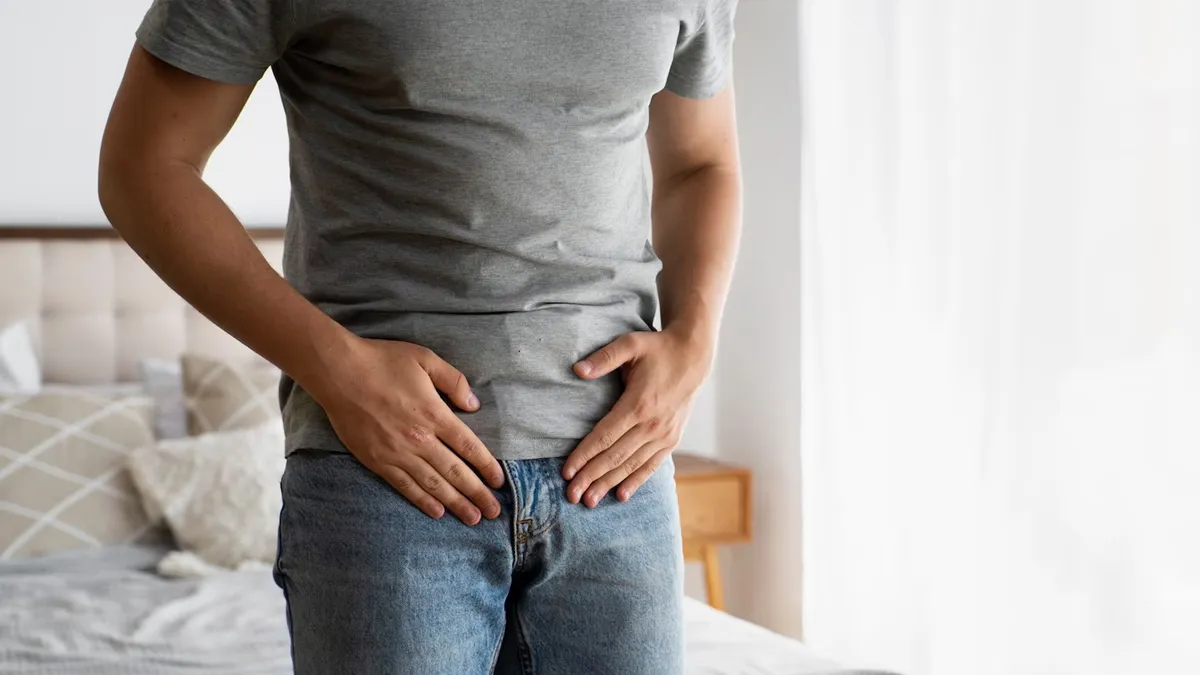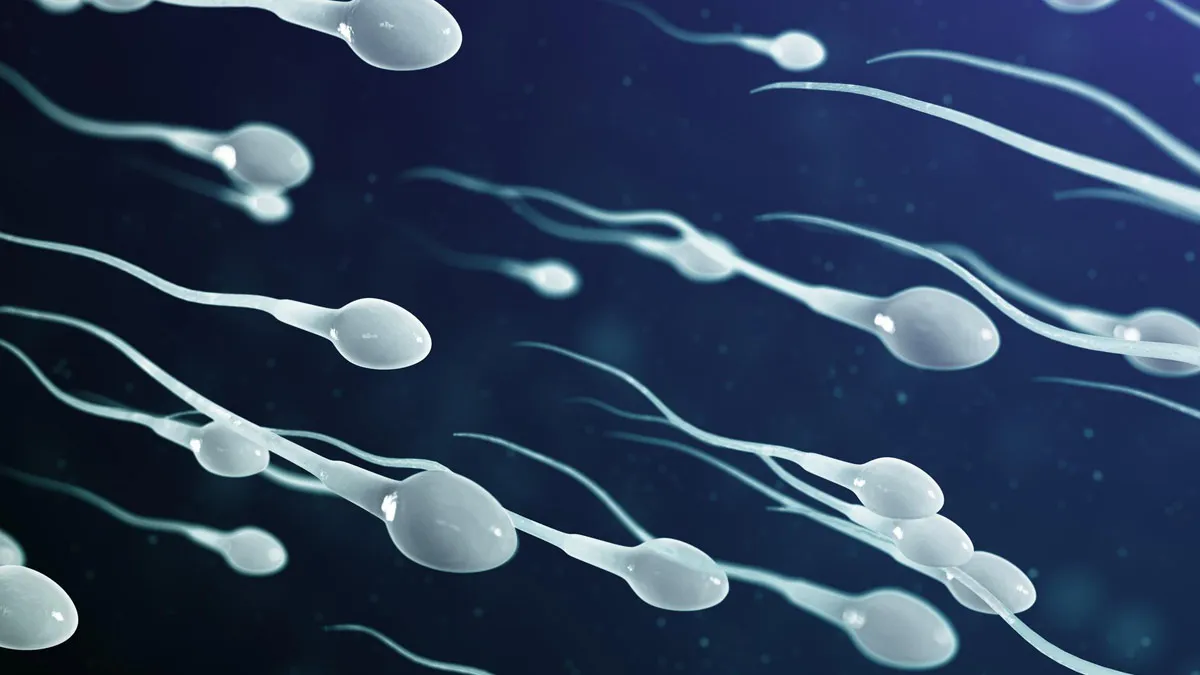
As Delhi residents once again gasp under dangerously high AQI levels, most conversations understandably focus on asthma, heart attacks, or long-term lung damage. But emerging research and expert voices are sounding the alarm about another, less-discussed risk: male sexual health, particularly erectile dysfunction (ED).
Table of Content:-
Could the same air that damages our lungs also harm the ability to maintain an erection? We spoke with Dr Chetna Jain, Director, Department of Obstetrics & Gynaecology at Cloudnine Hospital, Gurgaon, to understand how pollutants like PM2.5 and nitrogen dioxide might affect men’s vascular and reproductive systems.
How Pollution Can Impact Erectile Function
Dr Jain explains that tiny airborne particles and gases don’t just stay in the lungs; in the pollution, they can enter the bloodstream and wreak havoc. “Exposure to pollutants like PM 2.5 and nitrogen dioxide can also affect male sexual health and erectile function in males.”
Here’s what happens:
- Once these pollutants penetrate deep into circulation, they trigger oxidative stress and chronic inflammation.
- This damages the inner lining of blood vessels (endothelium), which is critical for proper blood flow.
- Good erectile function “depends totally on a good vascular and nerve system, she adds, and pollution-related injury to this system may raise the risk of ED.
ALSO READ: Is Pollution Making Us Forgetful? The Environmental Link to Alzheimer’s: What Doctor Suggests
What is the science behind it?
Dr Jain explains the biological mechanism, which includes inflammation, oxidative stress, and blood vessels. According to her, “Air pollution can trigger chronic inflammation and oxidative stress. These harmful free radicals can damage the inner lining of blood vessels, which plays a major role in the blood flow. When this endothelium is damaged, this vascular injury may increase the risk of erectile dysfunction.”
In simpler terms, pollutants prompt a cascade of oxidative stress, which later turns into endothelial damage and impaired blood flow, which can later cause a higher risk of ED. Without a healthy endothelium to regulate dilation and constriction, the vascular system cannot support normal erections.
Who Is at Higher Risk? Vulnerable Groups![]()
Not all men are equally affected by pollution-related sexual health risks, Dr Jain warns. Some groups are more vulnerable:
- Men with existing conditions like diabetes, hypertension, or heart disease (because their blood vessels are already under strain)
- Smokers, who already suffer from oxidative stress and vascular damage, make pollution’s impact more severe
- Older men or those with low testosterone, who may have less physiological reserve
- Men in high-pollution zones (like busy urban areas) who face chronic, daily exposure
These factors can amplify the damage air pollution might cause to nerves, blood vessels, and hormonal systems are key players in sexual function.
ALSO READ: Period Sex vs. Regular Sex: What Changes and What Stays the Same
Hormones, Sperm Health, and Air Pollution![]()
Dr Jain also touches on how air pollution can mess with more than blood flow—it can affect hormonal balance and sperm quality too. According to her:
- Pollutants can disrupt the hypothalamic-pituitary-gonadal (HPG) axis, which regulates testosterone and sperm production.
- Oxidative damage from pollutants may impair testicular function, reducing sperm motility, count, and even DNA integrity.
- Overall, long-term exposure can lead not just to ED but reproductive health issues, including lower testosterone and poorer sperm parameters.
A study published in the Journal of Urology highlights the link between air pollution and erectile dysfunction. It found that exposure to fine particulate matter (PM 2.5) and other pollutants induces oxidative stress and damages the endothelium, the blood vessel lining crucial for healthy erections. This vascular damage reduces nitric oxide production, impairing blood flow and increasing ED risk. The study emphasises pollution as a significant environmental factor affecting male sexual health.
Tips to Protect Sexual and Reproductive Health from Pollution![]()
Dr Jain offers some practical tips for men who want to protect their sexual health in polluted environments like Delhi:
- Wear a well-fitting N95 mask when outdoors on high-smog days.
- Use an air purifier at home, especially in bedrooms where you spend many hours.
- Keep windows closed during peak pollution hours and avoid strenuous outdoor exercise during those times.
- Improve vascular health through regular exercise, a balanced diet rich in antioxidants (berries, nuts, leafy greens), and good sleep and stress management
- Avoid smoking or vaping, which compounds the oxidative damage caused by pollution.
- Manage chronic health conditions (blood pressure, diabetes, cholesterol) as these worsen vascular stress.
- If experiencing ED or planning to conceive, talk to a reproductive health specialist. They may evaluate hormone levels, cardiovascular health, or sperm quality.
ALSO READ: Amid Delhi’s High AQI, Can N95 Masks Save You from Pollution? We Asked an Expert
Conclusion
Delhi’s high pollution levels pose serious, often overlooked risks to men’s sexual and reproductive health. Chronic exposure to harmful particles causes vascular and hormonal damage, contributing to erectile dysfunction. Awareness and proactive steps, guided by medical advice, help mitigate these effects. Early diagnosis and treatment improve chances for healthy sexual function despite environmental challenges.
Also watch this video
How we keep this article up to date:
We work with experts and keep a close eye on the latest in health and wellness. Whenever there is a new research or helpful information, we update our articles with accurate and useful advice.
Current Version
Nov 25, 2025 10:08 IST
Published By : Vivek Kumar


